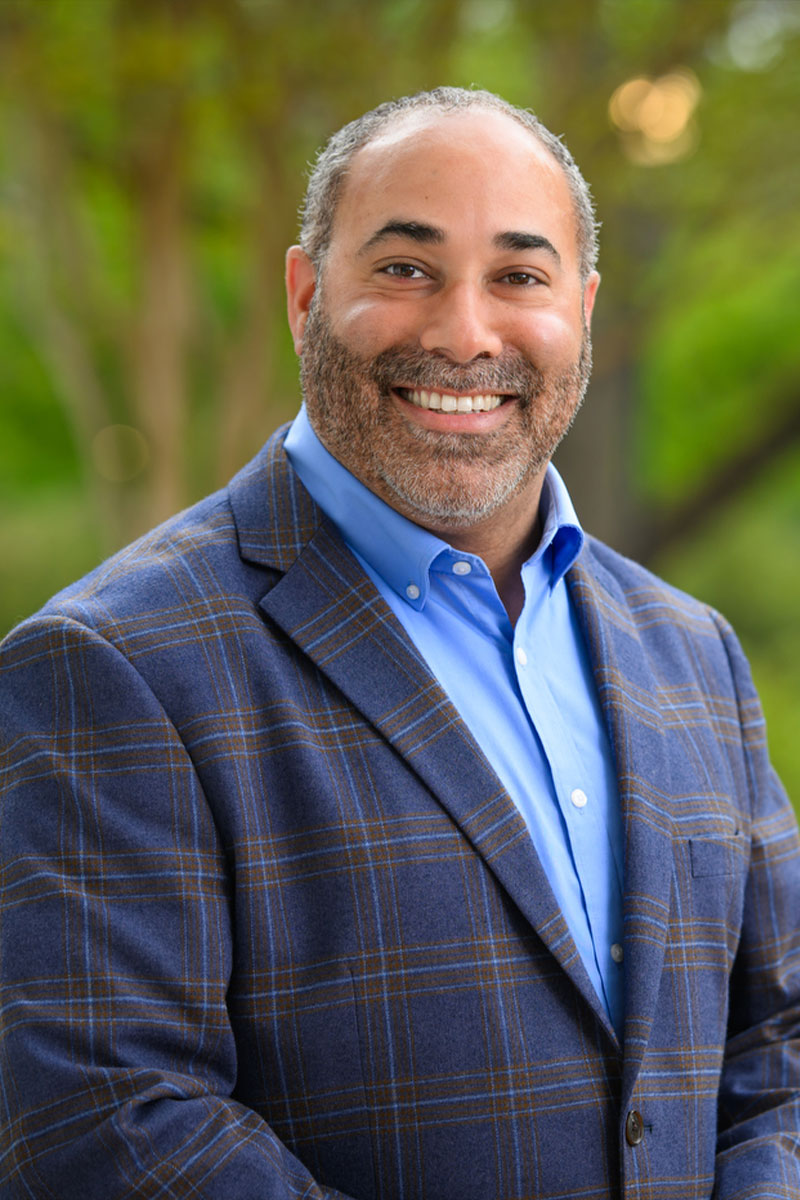Clear evidence, healthy schools, strong communities
The Plains Research Consortium at Auburn University is a collaborative effort with the College of Education to be a leading voice in educational policy and health research. We aim to drive impactful change through rigorous empirical analysis and actionable insights. We aspire to inform and empower local, state, and national policymakers with evidence-based, nonpartisan solutions that enhance educational systems and improve outcomes for all students. Our mission is to conduct rigorous, data-driven research that addresses the most pressing challenges in education.
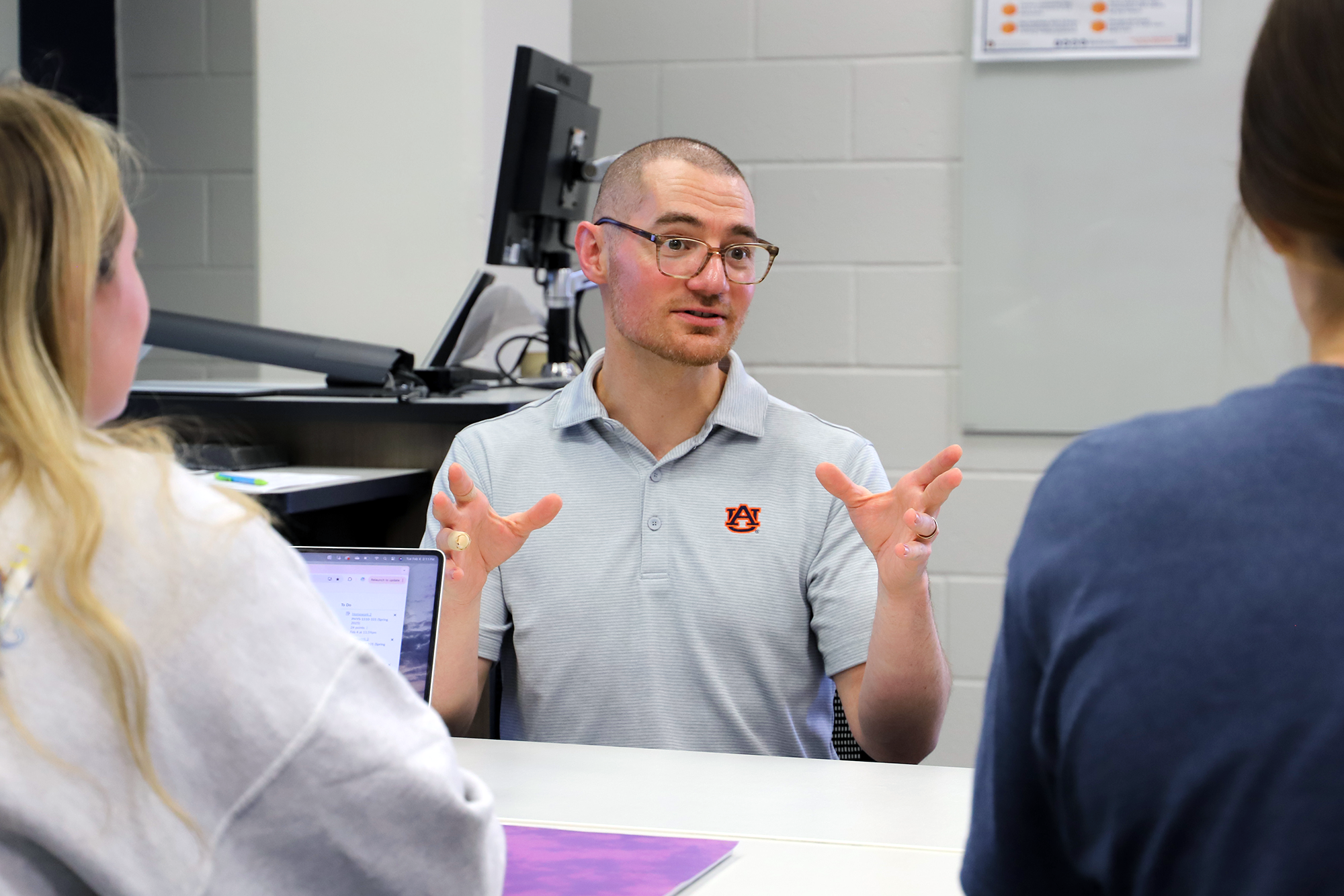
To be a leading voice in educational policy research, driving impactful change through rigorous empirical analysis and actionable insights. We aspire to inform and empower local, state, and national policymakers with evidence-based, nonpartisan solutions that enhance educational systems, and improve outcomes for all students.
Our mission is to conduct rigorous, data-driven research that addresses the most pressing challenges in education. By providing policymakers at local, state, and national levels with timely, relevant, and actionable insights, we aim to promote effective educational policies that improve student outcomes and strengthen the education system.
Nonpartisan Rigor and Excellence
We are committed to the highest standards of empirical research and reporting, ensuring accuracy, reliability, and thoroughness in all our analyses.
Needs-Driven and Policy Relevant
Our research is focused on generating actionable insights that directly inform and influence local, state, and national education policies.
Transparency and Integrity
We are dedicated to ethical practices and full transparency in our methods, findings, and recommendations, ensuring trust and accountability.
Innovation and Impact
We strive to be at the forefront of innovative research methods and approaches that drive meaningful change in education policy and practice.
Timeliness and Responsiveness
We understand the urgency of educational challenges and commit to delivering research and insights that are both timely and responsive to the evolving needs of the education sector.
Collaboration and Partnerships
We believe in fostering strong partnerships with policymakers, educators, and communities to ensure our work is both impactful and relevant.
Research
Overview: Prior to Virginia’s January 1, 2025, cell phone policy implementation, we partnered with a school district to understand its impact. In December 2024, we surveyed the district's middle and high school teachers to collect baseline data and query teachers’ views of the new policy. By large margins, teachers agree that cell phones are a distraction in class and support the new policy. Two schools had already implemented a version of the new cell phone policy. Unsurprisingly, teachers at these schools reported feeling more comfortable and prepared to implement the new cell phone ban from the state. Teachers wanted clear guidelines for implementation and consistent enforcement of consequences for students who violated the policy.
Overview: A major leverage point in improving employment, consumer demand, and investment is through state investments in quality PK-12 education. Research is clear that areas with higher and more targeted investments see significant long-term returns in terms of economic capacity, human capital, wages, and tax revenue, along with a host of social benefits including a ‘multiplier effect’ on local jobs, increased property values, reduced social and judicial costs, and community revitalization. In short, “Jobs follow better schools.”
Overview: Student weighted funding is the most widely used means to ensure schools have enough money to provide for the differing needs of students. However, research suggests the benefits of student weighted funding go well beyond adequate resources for specific-needs students, offering significant improvements in (1) general education programming; (2) more targeted and efficient usage of tax dollars, and (3) long-term benefits including higher property values, improved business investments, and lower social costs. While there are considerable differences in how effective student weighted formulae are, they provide the capacity for a more efficient and calibrated use of tax dollars with community-wide benefits.
Since 2011, Auburn University’s College of Education has led the Global Studies in Education: South Korea program, providing over 85 Alabama educators with direct exposure to Korean culture and educational practices. This 10-day experience helps educators build cultural understanding, which in turn strengthens their teaching practices and their ability to connect with students from different cultural and linguistic backgrounds. Evaluation results show that participants return with new insights and skills that improve how they engage with students and families from international backgrounds. Expanding these types of global learning opportunities is a valuable investment in preparing educators to meet the needs of today’s classrooms and prepare students for a globally connected future.
This brief highlights the need to prepare pre-service teachers (PSTs) to effectively teach computer science (CS) at the K–6 level. In response to Alabama’s Computer Science Bill (Act 2019-389), Auburn University developed a CS education course for PSTs in early childhood, elementary, and special education programs. Survey data from nearly 200 PSTs show that while over 84% support the state policy, many initially lacked confidence in their CS knowledge and teaching ability. However, after completing the required course, PSTs reported significant gains in both knowledge and confidence, and a more positive perception of CS education. These findings emphasize the importance of integrating CS training into teacher preparation programs and the need for continued policy support to ensure all students benefit from early exposure to CS.
In 2015, Alabama became the 43rd state to establish charter schools as part of their public education system. To better understand if Alabama charter schools meet their objectives, we conducted a survey (and subsequent focus groups) of 460 parents across six Alabama charter schools during the 2023-24 school year. By large margins, parents expressed high satisfaction with their child’s school. Moreover, 87% indicated they would re-enroll their child at their school, and the same proportion gave their school a letter grade of A or B. Parents across all racial and special education groups similarly agreed that their child’s school leader and teachers were responsive and that their school was inclusive of all students.
This report examines how interventions may be developed to reduce teacher turnover by identifying the warning signs and responses that may redirect the path along the process of job withdrawal and turnover. Presented here are the preliminary results and analysis of a statewide survey of the emotional state of teachers in Alabama.
This brief summarizes research in Alabama on the connection between learning outcomes and the neighborhood environment in which students grow up. Our research shows that social health factors—including positive health behaviors, prevalence of social supports, and strong infrastructure—contribute distally to improved learning outcomes. These results suggest that municipal-level investments in infrastructure, community health centers, and transportation may also be investments in improved learning outcomes.
Media
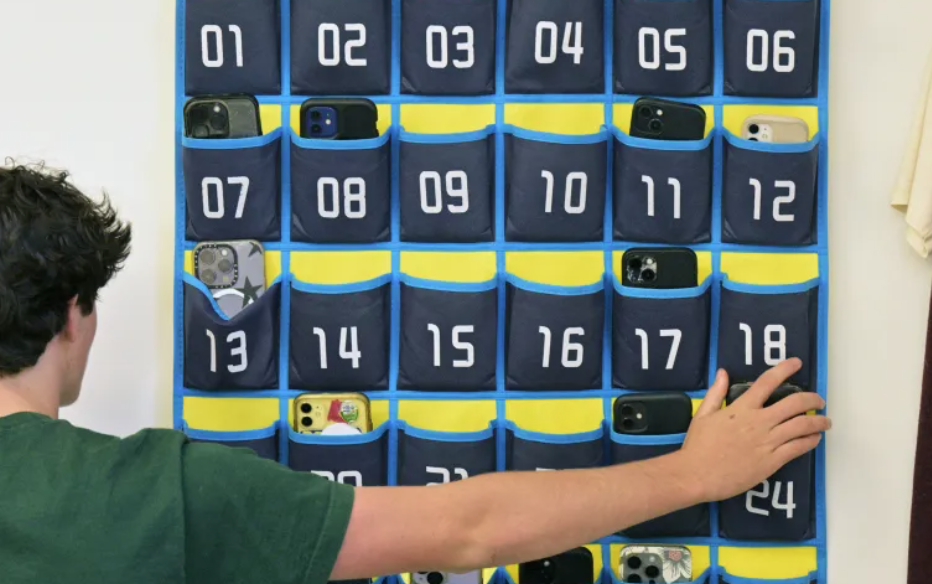
Marshall, D. T., & Pressley, T. (2025, January 12). Cell phone policy success hinges on implementation. The Virginian-Pilot. https://www.pilotonline.com/2025/01/11/column-cell-phone-policy-success-hinges-on-implementation/

Marshall, D. T., & Nelson, K. R. (2024, November 22). The time for K-12 AI policy is now. Alabama Daily News. https://aldailynews.com/op-ed-the-time-for-k-12-ai-policy-is-now/
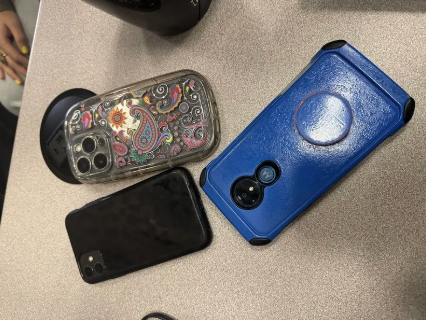
Hagan, S. (2025, February 25). Lawmakers tighten school cell phone policy, but teachers question efficacy. Capitol News Service. https://virginiapoliticalnewsletter.substack.com/p/lawmakers-tighten-school-cellphone?r=55c4gn&utm_campaign=post&utm_medium=web&triedRedirect=true
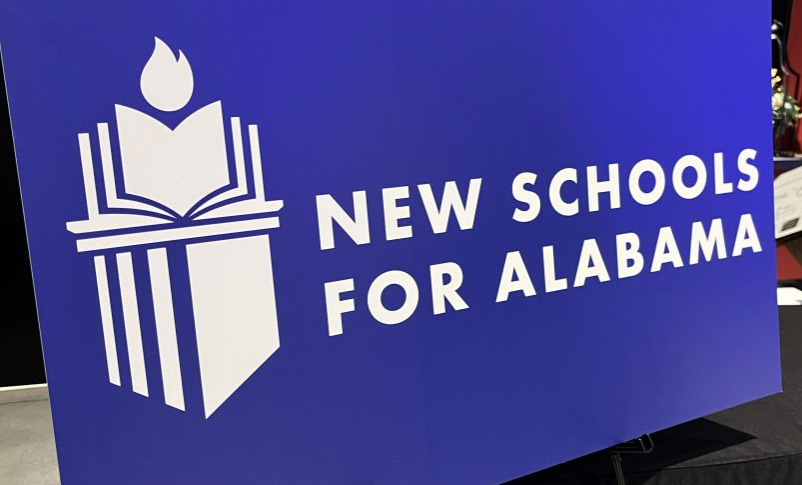
Crain, T. P. (2024, November 8). Alabama’s public charter schools outperform traditional public schools, new study shows. Alabama Daily News. https://aldailynews.com/alabamas-public-charter-schools-outperform-traditional-schools-new-study-shows/
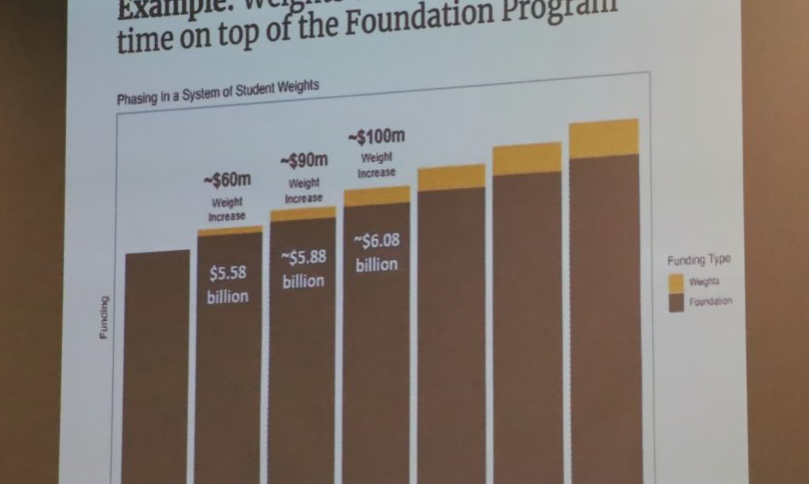
Pendola, A. (2025, February 24). Column: Why should I care about a new school funding system? Alabama Daily News. https://aldailynews.com/column-why-should-i-care-about-a-new-school-funding-system/
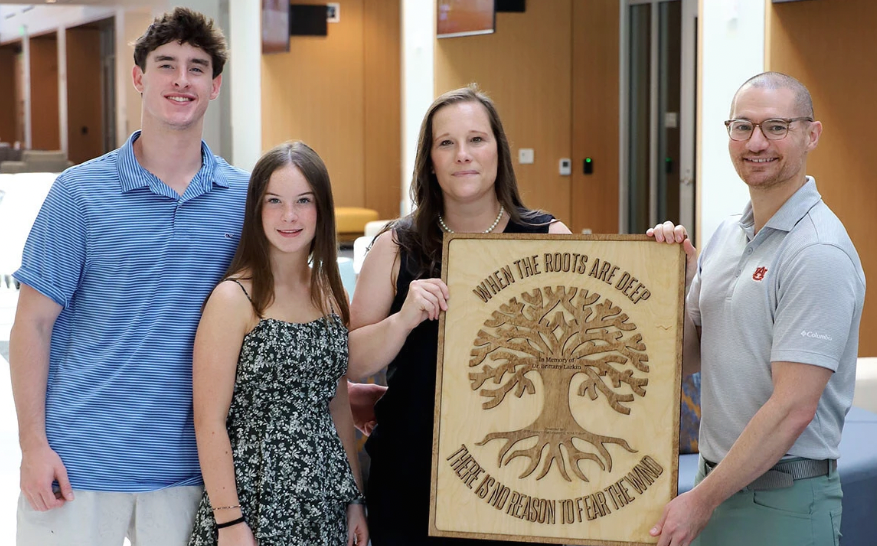
Sparks, P. (2025). A formula for the future: Auburn University professor's research furthers work, legacy of late colleague involving new state school funding formula. Auburn University College of Education. https://wire.auburn.edu/content/education/2025/06/050806-school-funding-formula-research.php?property=education&utm_source=auburnu-education&utm_medium=web&aupage=https://www.education.auburn.edu/
